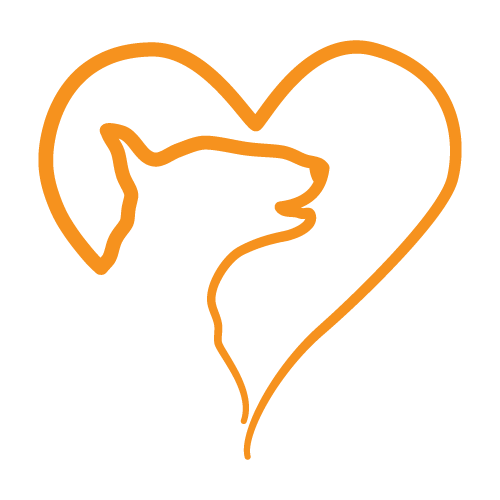what is the key to training dogs
What is the key to training your dog?
Food or treats?
Toys?
Off lead play?
How about their favourite pass time or sport like dock diving or sledding? Time with you? Or sleep?
The answers all of the above and then some.
It's MOTIVATION.
Want to know one of the keys to successful training?
Food or treats?
Toys?
Off lead play?
How about their favourite pass time or sport like dock diving or sledding? Time with you? How about a nap on your bed?
The answers all of the above and then some.
It's also MOTIVATION.
Motivation in action
Motivation, motivation, motivation.
Like that TV programme but different (Location, location, location for those who are scratching their heads wondering what I am wittering on about..)
Dogs do what works for them, what pays them to repeat a behaviour. Like asking, 'what's in it for me?' If a dog is not motivated for whatever reason, he will not be in the right frame of mind to work with you.
The photo in the cafe is of my dog, Hattie Happypants. She didn’t want to wait to eat her muffin (it’s a dog friendly cafe who make pupcakes, check out the Vintage Birdcage in Yate, Bristol). Her motivation was likely to get it in her belly as quickly as possible.
So what is motivation?
What do dogs find motivating? In addition, just as importantly, what do you find motivating? Are you in the mood to train?
The answer is - it depends…
A dog will choose what is reinforcing to him at the time; he will apply consequences to the behaviours he performs and the rewards on offer, be it from you or his environment and decide if the outcome pays the behaviour enough or not.
Let us take an example of say...teaching recall from squirrel chasing…He will make his decision to return when called based on the payment offered in training, past experiences, mood, the environment, satiation from food or thirst (if food is on offer), physical state, your mood, how long since he last saw a squirrel or chased one, and probably more factors still!
Some dogs will recall for the sheer joy of reuniting with their owners, others require a whole packet of cheese balls AND a game of tug for recalls away from squirrels during the learning phase to achieve a reliable recall from squirrels. You might currently be offering him some food in exchange for a recall from squirrels, but it’s the food that he gets free from a bowl at home. Depending on the dog, kibble rewards might be enough, others...not so much!

He might find squirrel chasing way more fun than running back to you when you call him off the chase, so your dog might choose to ignore you and risk the chase. He's just not that into you (at the time). Eeeek what can we do?
Up the game! Upgrade the consequence by giving him a pay rise - offer him something he really likes, or wants and use that to pay him during training. By giving him with the opportunity to chase something else in return for recall from chase (if appropriate or safe to do so), or using meals as training rewards instead of free feeding from a bowl or having fun playing with him as a reward, you will find that with that strong reinforcement history for recalls, he will quit the squirrel chase and return to you every time as you’ve become motivating to him! And then work him in a less distracting area and use a long line for safety next, but that's another blog story!
So if your dog doesn't do what you want, when you want, check the motivation. It's not the only thing that matters when working with your dog but it counts for loads! And we may never find out what motivates a dog to do something, and that’s OK.
If you liked this blog, let me know, share with your friends and hit subscribe so you don’t miss out on the next one!

